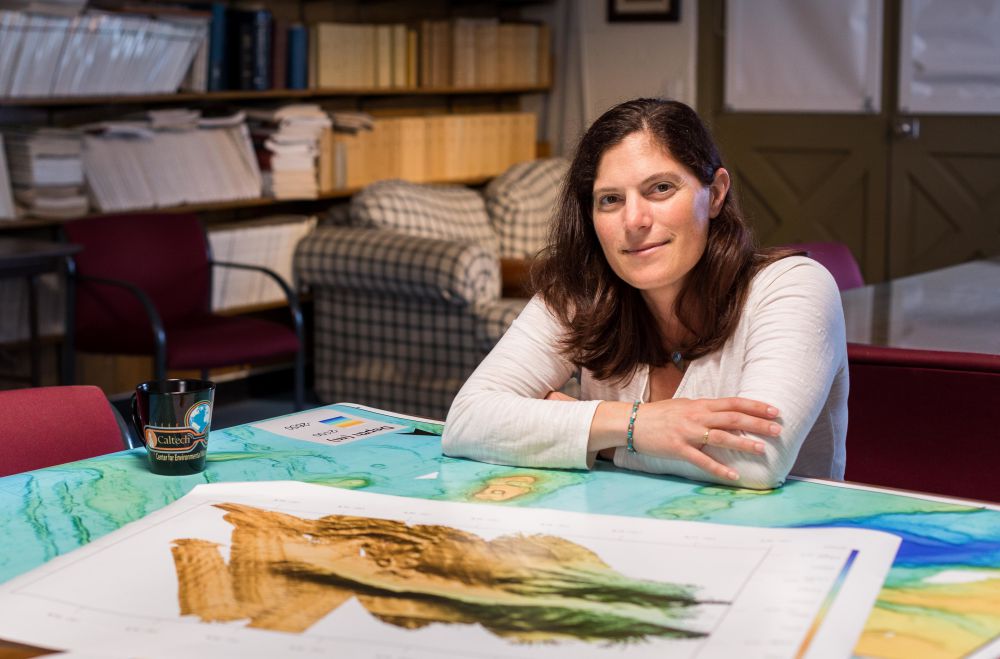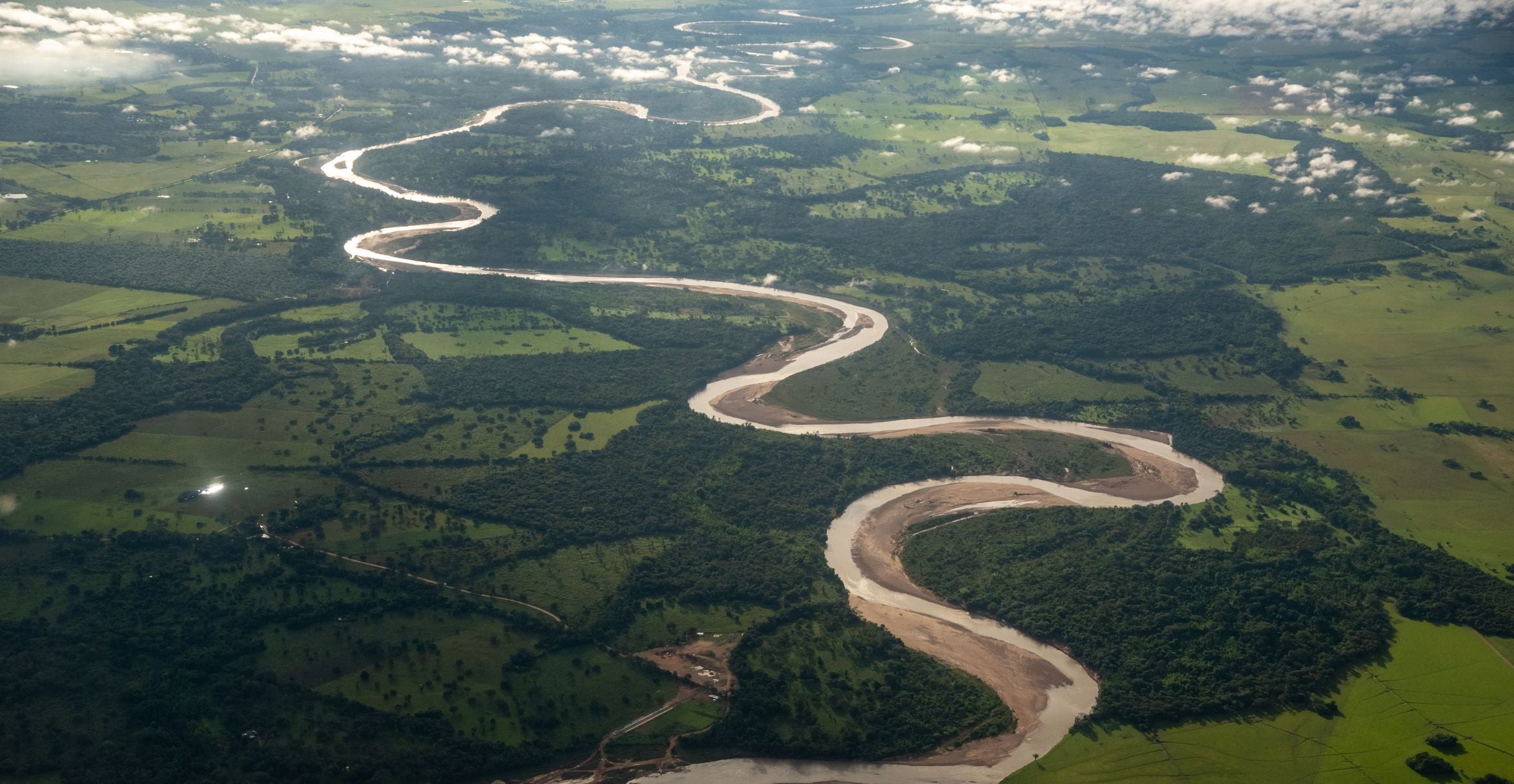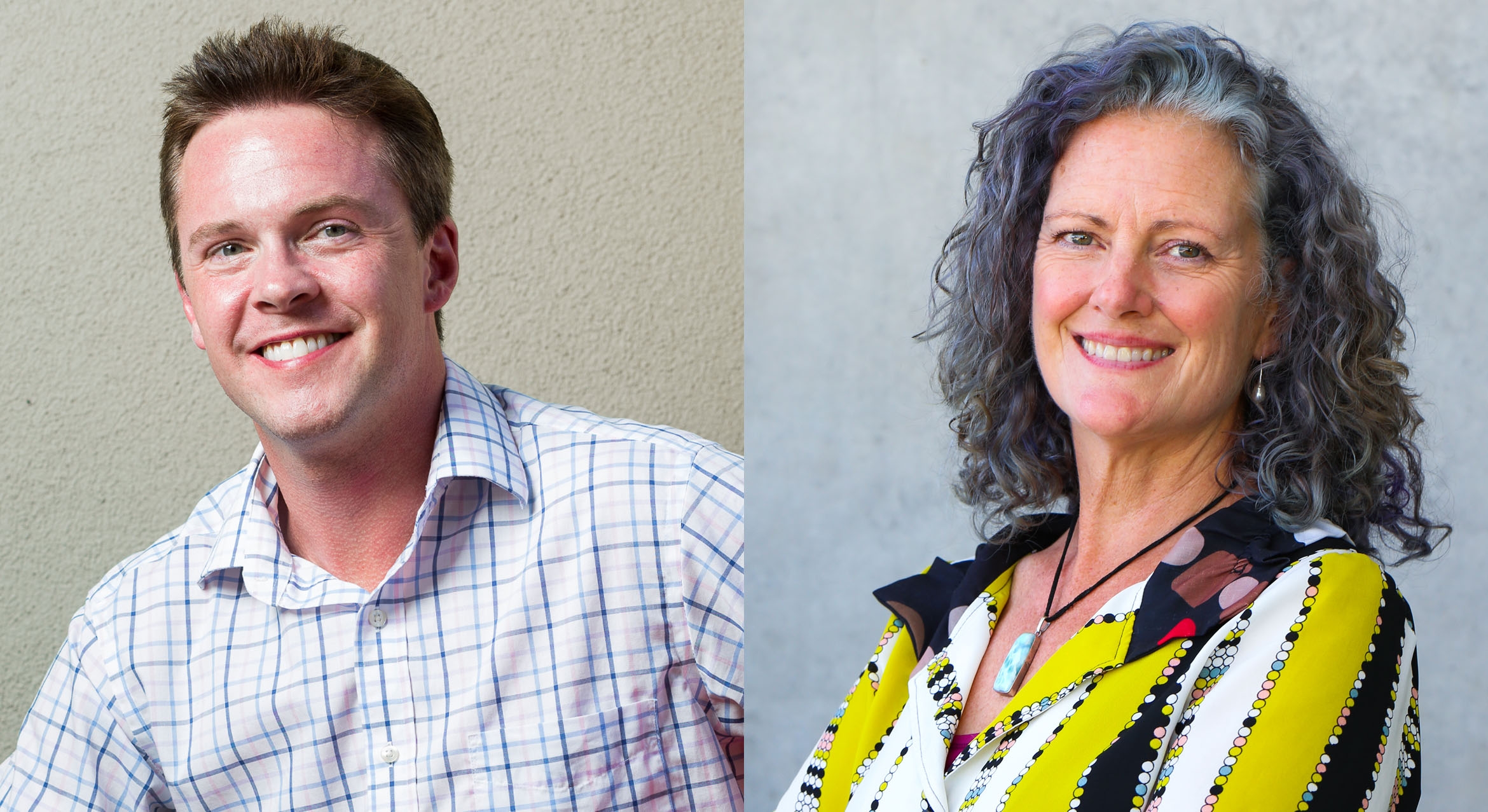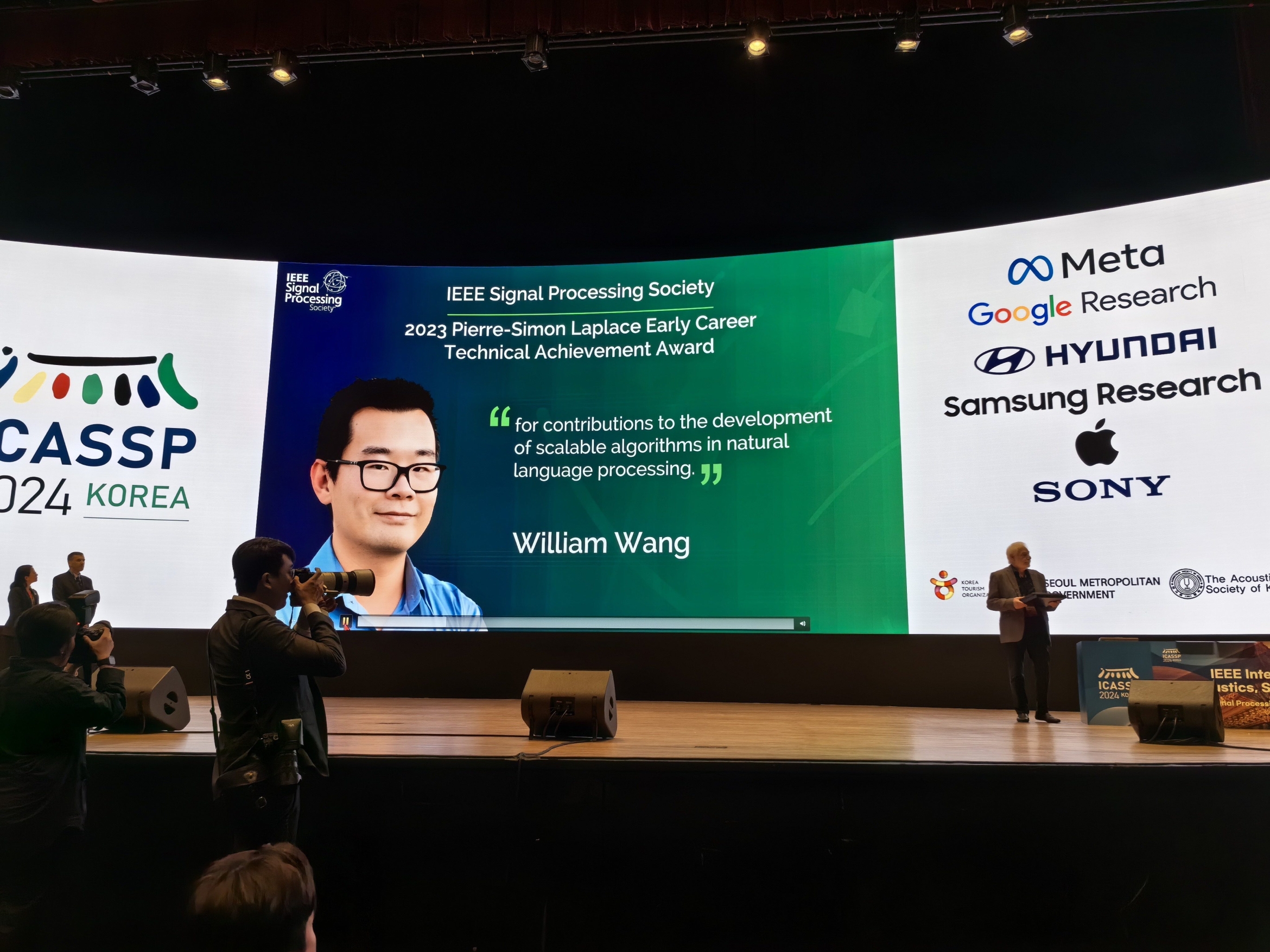
A Gaucho Genius
When Victoria Orphan started studying some of Earth’s tiniest creatures she didn’t know that one day she could be addressing one of the biggest threats to the planet’s health. Today, as a geobiologist who researches deep-sea microorganisms that feed on methane, her work puts her on the leading edge of efforts to understand the dynamics of our oceans and climate change.
And now her trailblazing work has earned her a MacArthur Foundation fellowship, a so-called “genius grant” with a stipend of $625,000 spread out over five years. Orphan, the James Irvine Professor of Environmental Science and Geobiology at the California Institute of Technology, is one of 24 MacArthur Fellows for 2016.
“It’s not totally sunk in yet,” she said. “I am hearing from a lot of people I haven’t talked to for a long time. It is a nice opportunity to touch base with old friends and reminisce about the trajectory of your career — even if being the center of attention can be uncomfortable for me.”
Orphan said she was inspired to study microorganisms at UC Santa Barbara, where she earned her bachelor’s degree and Ph.D. in biology. “Microbiology wasn’t on my radar when I first started at UCSB,” she said. “It gradually took hold when I took a course with Edward DeLong — and it just totally changed my whole worldview of the importance of microorganisms. It not only brought me to the fields of global science and marine ecosystems, but it also was a perfect merger of environmental science and the issues involved in this field. Working on this topic, when it was in its infancy and with lots of discovery potential — that was the beginning for me. I was just so hooked on microbes at that point. I switched almost exclusively to marine microbiology.”
DeLong, today a professor of oceanography at the University of Hawai’i at Manoa, met Orphan when she took a marine microbiology class from him as an undergraduate at UCSB. “Even then, it was clear to me that Victoria was enthusiastic, creative, extremely bright and highly motivated,” he recalled. “At that time she was convinced that her career of choice would be to study petroleum microbiology.
“And then Victoria did what students are always advised not to do — she got her Ph.D. at the same institution she got her undergraduate degree, working with the same advisor along the way. But it worked out OK,” DeLong added. “Victoria did some groundbreaking work in her Ph.D., combining a geological method for microscopically tracking stable isotope signatures, with genetic methods for taxonomically identifying single cells. To put it more simply, she could tell who was eating what, at the single cell level, in complex marine sediments, by melding these two disparate approaches from geochemistry and microbiology.”
Orphan’s collaboration with DeLong highlights UCSB’s success in mentoring its students, said Pierre Wiltzius, the Susan & Bruce Worster Dean of Mathematical, Life and Physical Sciences and executive dean of the College of Letters and Science. “One of the distinguishing factors of the UCSB Division of Sciences is our commitment to mentorship,” he said. “We feel our success is directly reflected by the quality of work that comes from our many distinguished alumni. I am delighted to see a former Gaucho contributing to the newest frontiers of scientific discovery, and I congratulate Victoria Orphan on this honor.”



